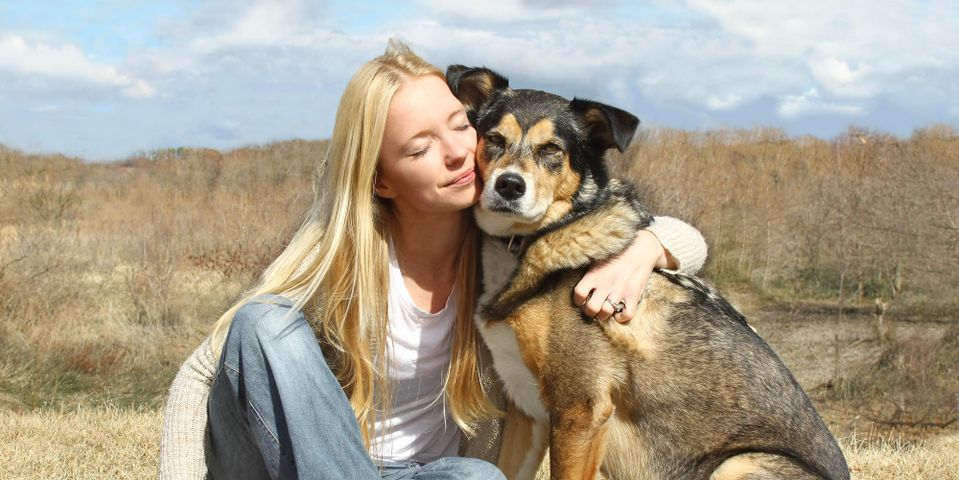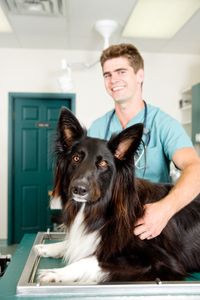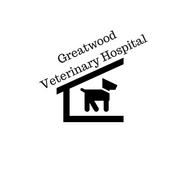7 Possible Signs of Hip Dysplasia in Dogs

Hip dysplasia is a skeletal condition commonly seen in large dog breeds, although it can happen in any kind of canine. It’s often caused by a combination of genetic and environmental factors, such as weight gain and excessive or inadequate exercise. While it does require a veterinarian to diagnose, here are a few signs it’s time to schedule an appointment for your pet.
7 Warning Signs of Canine Hip Dysplasia
1. Hesitation
If your dog once barreled up the stairs but now seems reluctant, it could point to a hip problem. Overall decreased activity levels and unwillingness to run or play freely should be checked out by a veterinarian.
2. Noticeable Discomfort
Hip dysplasia often causes pain and inflammation in the joint, which could become marked over time. If your dog makes audible groans or whimpers or seems slow to lie down or stand up, take note.
3. Altered Stance
Dogs affected by hip dysplasia may take a narrower stance, so that their hind legs are positioned close together.
4. Compromised Gait
In addition to altering the posture, this condition can change your dog’s stride. Your dog may sway side to side, or appear to take short bunny hops instead of their normal walk or run.
5. Hip Sensitivity
 In dogs with hip dysplasia, the joints may be sensitive to the touch. The pain is a result of tiny fractures which occur in the socket, along with stretched tissue surrounding the joint. If your dog yelps or appears uncomfortable when touched near the hips, call a veterinarian.
In dogs with hip dysplasia, the joints may be sensitive to the touch. The pain is a result of tiny fractures which occur in the socket, along with stretched tissue surrounding the joint. If your dog yelps or appears uncomfortable when touched near the hips, call a veterinarian.
6. Changing Anatomy
To compensate for a weak hind end, a dog’s shoulder muscles may grow. Over time, these muscles could become visibly larger, while the thigh muscles will atrophy.
7. Lameness
As the pain and inflammation in the hip joint becomes more pronounced, your dog might begin to favor one hind leg over the other. Lameness can either be episodic or persistent, so even if it appears to subside, it’s still wise to visit your veterinarian.
No one wants to see their pet suffer with a frustrating ailment like hip dysplasia. Luckily, there are options available to increase your dog’s quality of life in spite of the condition. If you suspect your dog could be suffering from this or another health issue, visit the caring team at Greatwood Veterinary Hospital in Richmond, TX. Through targeted solutions and treatments, their caring veterinarians will help your pet feel their best. Browse through more pet health resources on their website, or call (281) 342-7770 to schedule an appointment for your pet.
About the Business
(63 reviews)
Have a question? Ask the experts!
Send your question

